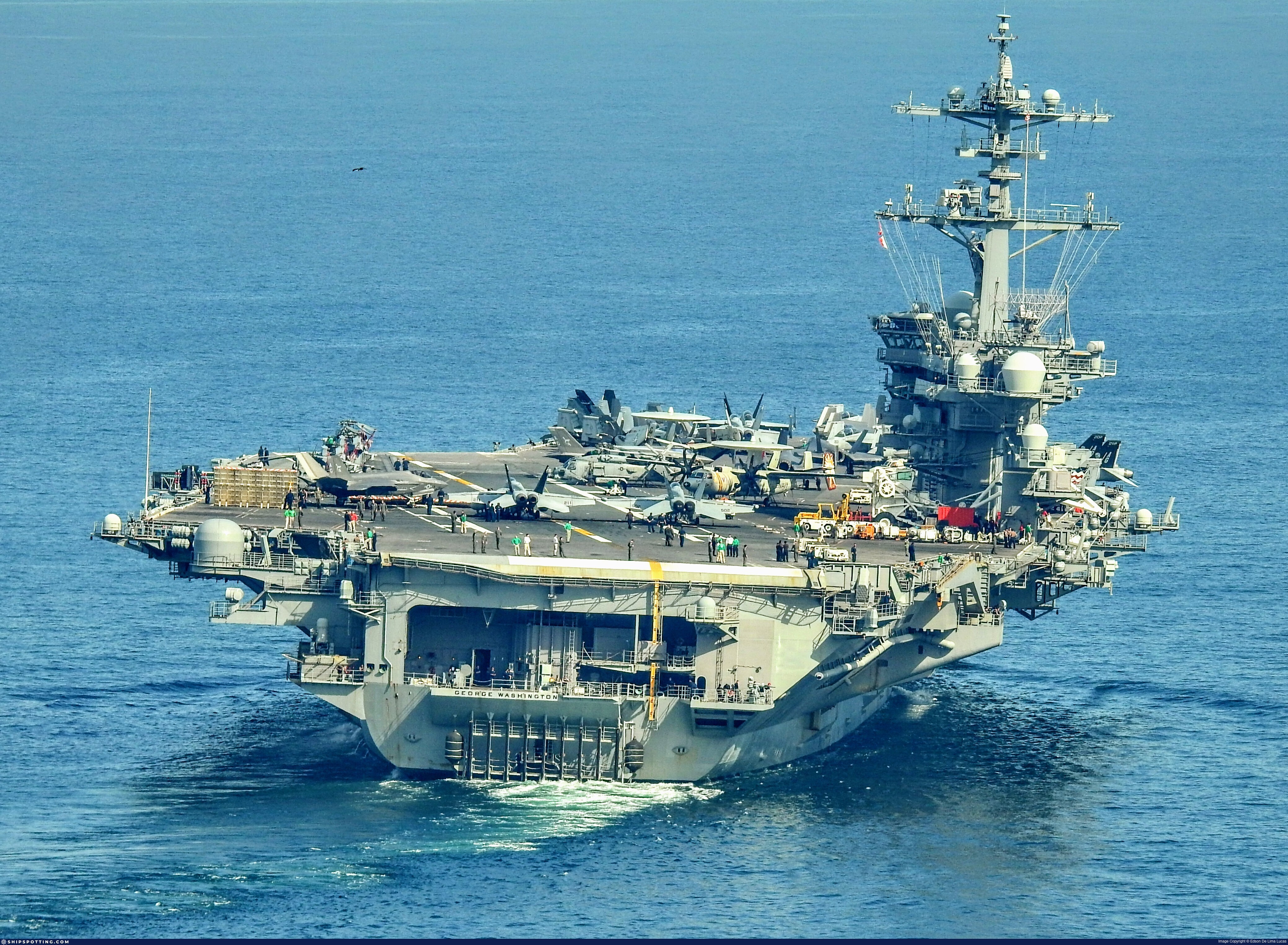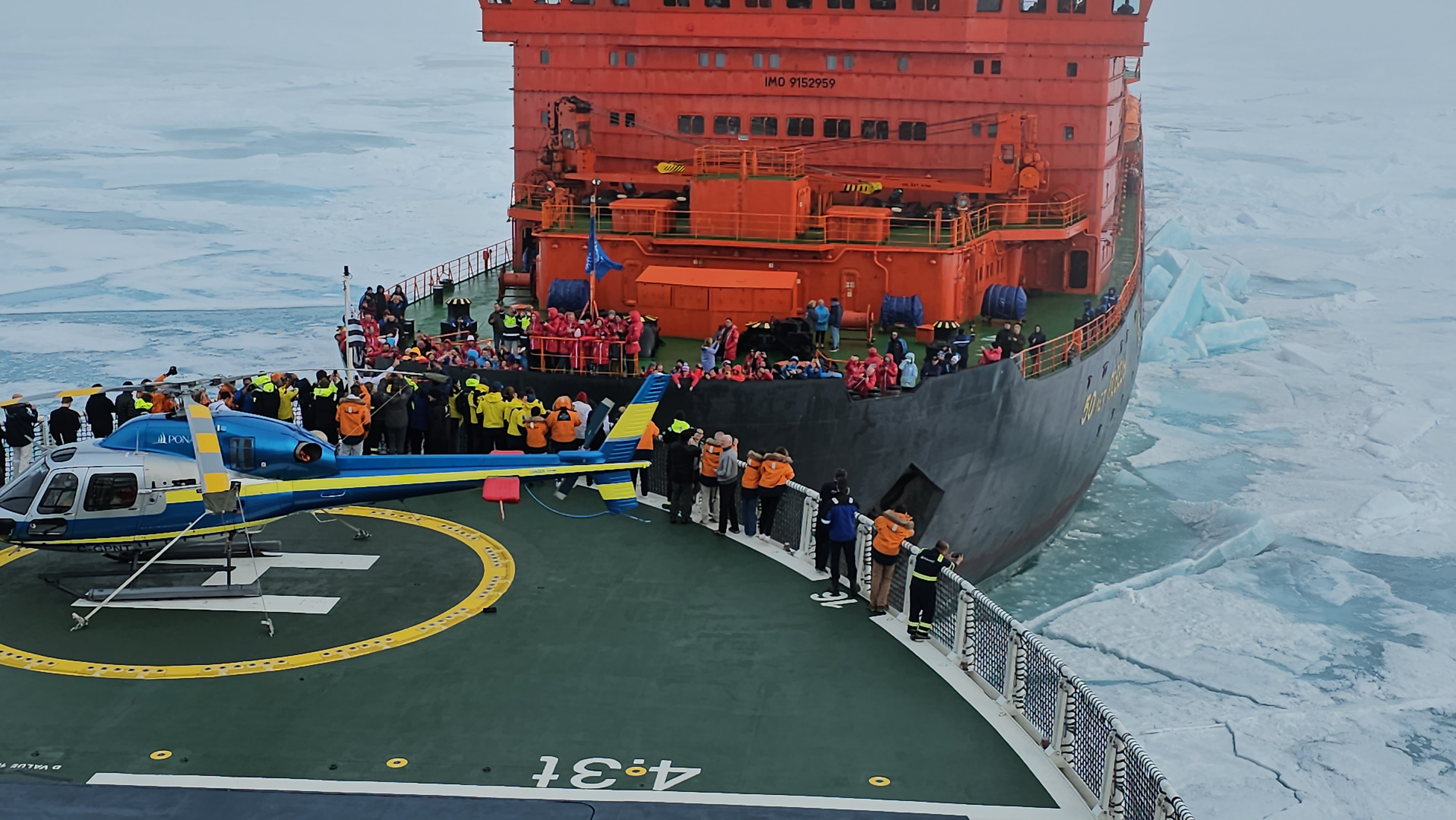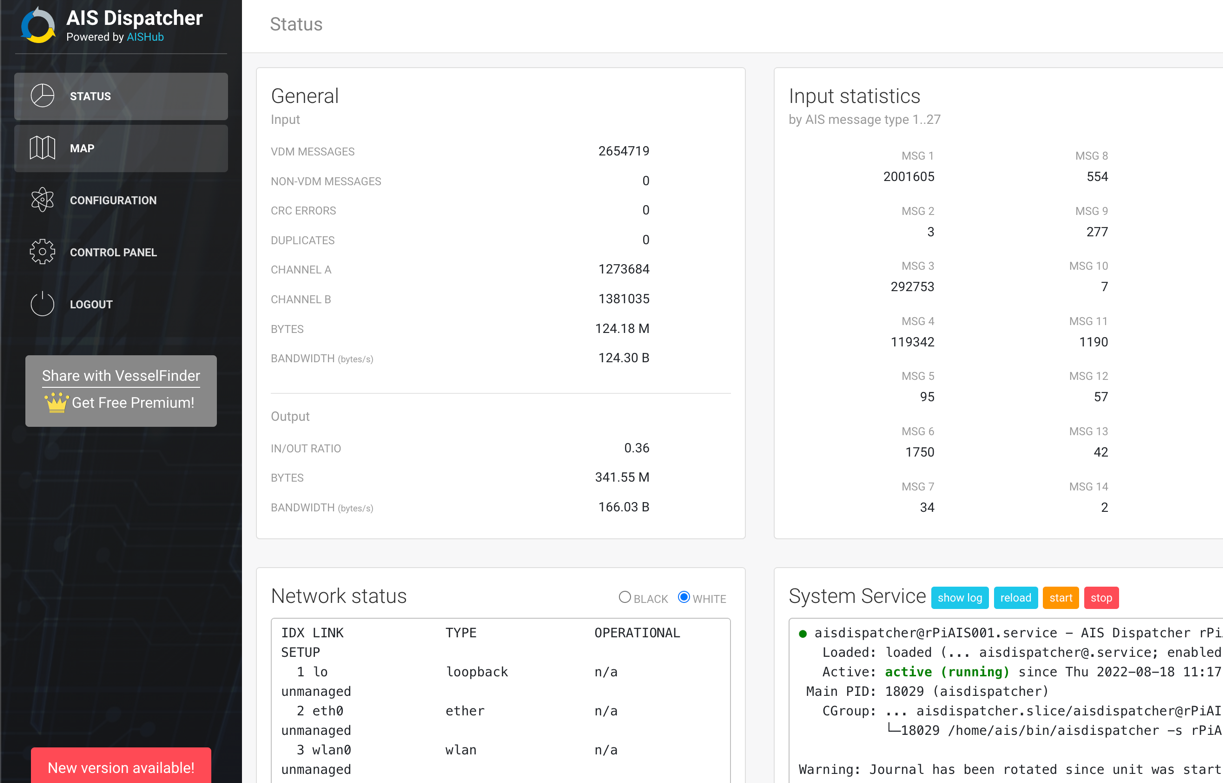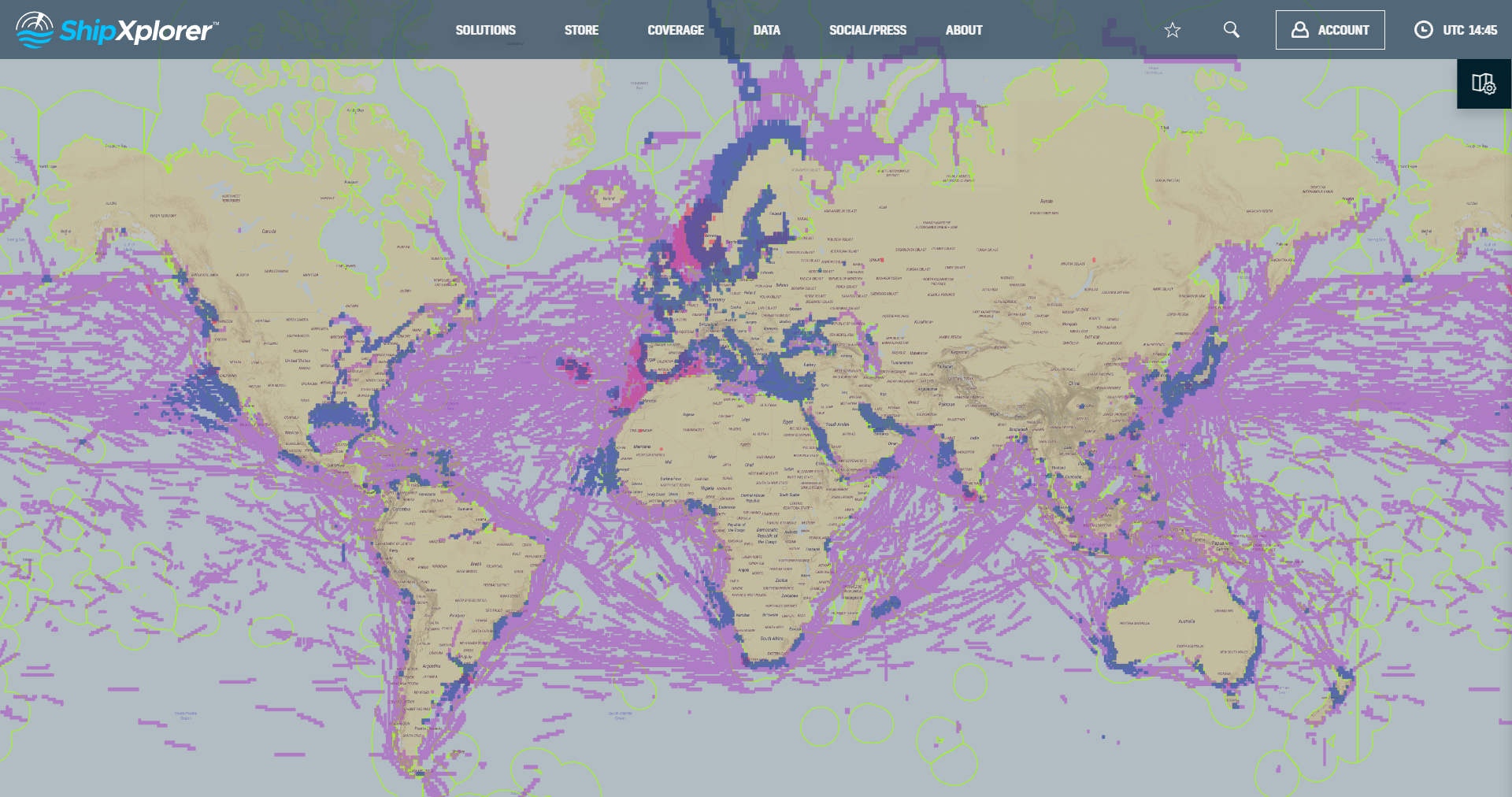U.S. Reinforces Military Forces in the Middle East

Edson De Lima Lucas - ShipSpotting.com
The United States is ramping up its military presence in the Middle East as tensions in the region reach a boiling point. In a statement issued by the Pentagon, U.S. Defense Secretary Lloyd Austin underscored the nation's unwavering commitment to defending Israel, highlighting the deployment of additional troops and advanced military hardware to the region.
This escalation in U.S. military support comes at a critical juncture, as regional tensions have been exacerbated by the recent assassination of Hamas' former political leader, Ismail Haniyeh, in Tehran. The incident, which Iran attributes to Israel, has intensified the already volatile relationship between the two nations. While Israel has not publicly commented on the assassination, Iran's leadership has vowed retaliation, leaving the region on edge.
U.S. Military Reinforcements
In response to the escalating situation, the U.S. has taken significant steps to enhance its military posture in the Middle East. This includes the deployment of a guided-missile submarine and the expedited transit of a carrier strike group equipped with F-35C fighter jets. These reinforcements are intended to serve as a deterrent to any potential aggression against Israel, as well as to signal the U.S.'s readiness to support its ally in the event of a conflict.
The Pentagon's statement followed a call between Austin and Israel's defence minister, Yoav Gallant, during which they discussed the current security situation and the need for increased vigilance. Austin emphasized that the U.S. would take "every possible step" to ensure Israel's defence, a message that the Biden administration has reiterated in the wake of rising hostilities.
Regional Implications
The assassination of Haniyeh and the subsequent threats from Iran have heightened the risk of a broader conflict in the region. An all-out war between Israel and Iran, potentially involving Iran's proxies like Hezbollah, would have devastating consequences for all parties involved. While previous exchanges between the two nations have been relatively contained, the situation remains highly precarious.
Hamas, a Palestinian militant group supported by Iran, has named Yahya Sinwar as its new political leader following Haniyeh's death. Sinwar is known for his hardline stance and close ties to Iran, leading many to speculate that Hamas may adopt a more aggressive posture moving forward. The prospects for a diplomatic solution to the conflict, already dim, now appear even more remote.
Live tracking
READ NEXT...

- arctic
- north-pole
- le-commandant-charcot
- north-pole-expedition
- 50-years-of-victory
- russia
- ukraine
- russian-ukrainian-war
- war
- peace
- ship
- blog
2023-07-21 16:37 UTCA Symbolic Encounter: Le Commandant Charcot and Russian Arktika-class nuclear-powered icebreaker 50 Years of Victory Extend a Message of Peace At the North Pole
Today, we have an extraordinary tale to share, one that unfolded amidst the awe-inspiring beauty of the Arctic. Against the backdrop of the Russia-Ukraine war, this encounter took on a profound meaning as the two ships exchanged waves of peace in the far reaches of the North Pole. Read about this symbolic moment on our blog!
- ais-dispatcher
- ais-hub
- shipxplorer
- ship-tracking
- ais-data
- ais-coverage
- blog
2022-09-04 19:34 UTCHow to share AIS data to ShipXplorer with AIS Dispatcher
Did you know? You can now share AIS data with ShipXplorer? Read our blog to learn more!
- shipxplorer
- ship-industry
- vessel-tracker
- ship-tracker
- ais
- hardware
- blog
2022-09-04 15:09 UTCSharing AIS data with ShipXplorer
Read our blog post and learn how to share AIS data and the benefits of being a ShipXplorer feeder.
 Facebook
Facebook X
X